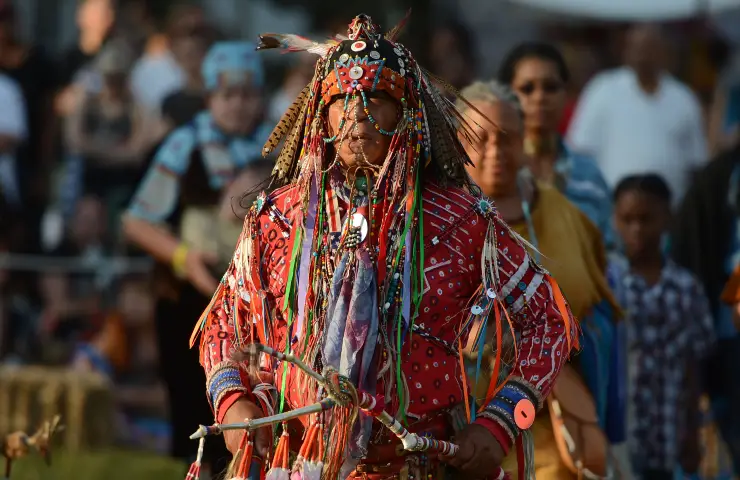US President Joe Biden puts an end to a dispute started by his predecessor Donald Trump by restoring conservation rights to three monuments much to the delight of environmentalists and indigenous communities.
These include two sprawling national monuments in Utah and one marine conservation area in New England–which Trump had put up for commercial use. These areas are Bears Ears and Grand Staircase-Escalante in Utah and the Northeast Canyons and Seamounts National Monument in New England, reports news agency AP.
The White House said in a statement that Biden was “fulfilling a key promise” to restore the monuments to their full size and “upholding the longstanding principle that America’s national parks, monuments and other protected areas are to be protected for all time and for all people.”
Giving a historic background to the issue, development expert, Dr Ajith Chandran, who has worked with indigenous communities and First Nations in the area of environment says: "President Obama created the Bears Ears National Monument in 2016 after years of lobbying by five tribes in the region, President Trump substantially reduced the areas in 2017 and now President Biden is reversing this back in 2021".
Chandran adds that Trump's decision to reduce the areas was to allow for development which included mining. "This is a classic example of conservation versus development and the values the ruling party brings to governance."
Trump had reduced two million acres from the two monuments in Utah calling mining restrictions a “massive land grab” that should not have happened.
However, Bears Ears is considered sacred by Native American tribes.
Biden also plans to restore the protected status of the Northeast Canyons and Seamounts National Monument in the Atlantic Ocean where Trump had decided to allow commercial fishing. The Trump decision was welcomed by fishing groups but opposed by environmentalists who wanted the marine area to be protected for its ecological fragility.
Deb Haaland, the first Native American to serve as cabinet secretary, traveled to Utah to visit the monuments. In a statement she said: "The historical connection between Indigenous peoples and Bears Ears is undeniable; our Native American ancestors sustained themselves on the landscape since time immemorial, and evidence of their rich lives is everywhere one looks”.
Besides the tribes, environmentalists too have a lot to cheer about. Biden has also decided to halt oil leasing in Alaska's Arctic National Wildlife Refuge and stop construction of a road in the Tongass National Forest in Alaska–US's largest federal forest.
On the other hand, many politicians were critical of Biden's policy changes. Utah Senator Mitt Romney said that the President “squandered the opportunity to build consensus” and find a permanent solution for the monuments.
Chandran says that the two parties are playing politics. He says: "If each party keeps reversing such proclamations, then both conservation and development will suffer. They need a long-term solution–meaning it gets debated in the Congress before being passed. Unfortunately, this is one of the few powers of the US President, under the Antiquities Act, where the matter need not go to Congress. And as long as that continues, it is likely to be like a ping pong ball, going back and forth, unless the Presidents take a bipartisan decision".
Now indigenous Americans force the US to dig up its brutal past – literally
Canada's Catholic Church apologises to indigenous people over child abuse and mass graves















